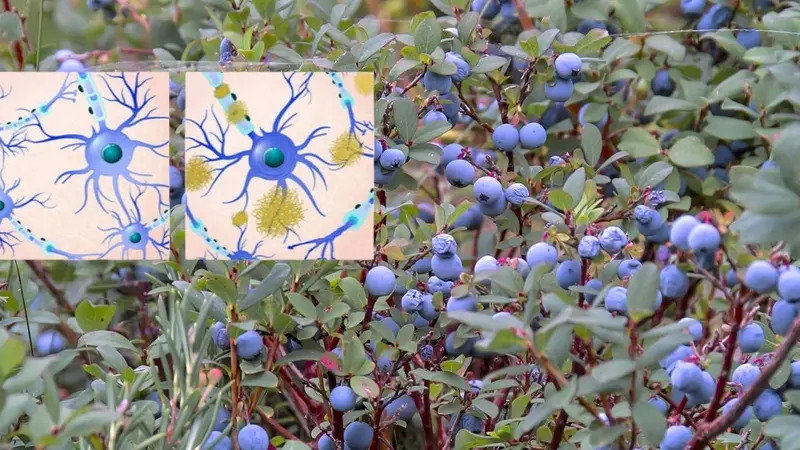

WELLthier Living and Aging

WELLthier Living and Aging
New Research Links Flavonols to Lower Risk of Alzheimer’s
Researchers from Rush University Medical Center in Chicago have, for the first time, linked dietary flavonols to a significantly lower risk of developing Alzheimer’s disease (AD). The study of 921 participants from the ongoing Rush Memory and Aging Project found that subjects who ate diets highest in the flavonols kaempferol, isorhamnetin, and myricetin had a 48% lower rate of developing AD than those who ate the lowest levels of these dietary compounds.
Flavonol sources include a wide-ranging list of fruits, vegetables, and beverages. In the Rush University study, those who consumed the highest levels of kaempferol had a 50% reduction in AD risk. Kale, beans, tea, spinach, and broccoli are top food sources of kaempferol. High intake of isorhamnetin and myricetin were each associated with a 38% risk reduction. Tea, wine, kale, oranges, and tomatoes are good sources for isorhamnetin, while pears, olive oil, wine, and tomato sauce are sources of isorhamnetin.
“The overall theme is very consistent with the message that we have been providing for years—eat right and exercise.”
The Rush University study assessed the role of other potential contributors to their findings and determined the results were not affected by comorbidities, higher body mass index, or depression, nor by an intake of a variety of vitamins and nutrients. The only statistically significant modification of effect was by gender; total flavonol intake was stronger in men than in women.
A number of flavonoid classes, including flavonols, have known antioxidant and anti-inflammatory properties and have been linked to a lower risk for AD. A Nurses’ Health Study showed higher global cognitive scores among women with higher flavonoid consumption after six years of follow-up. A previous Rush University study, in 2015, linked kaempferol in leafy green vegetables to a slower rate of cognitive decline.
Experts warn that the findings of the new research show association but not causation. Gunter Kuhnle, professor of nutrition and food science at the University of Reading in the UK, says it is important to keep in mind that other compounds in the diet could have contributed to the benefits observed in this research. However, Thomas Vidic, MD, a neurologist at Elkhart Clinic in Indiana believes the Rush University study is a good “concept study.” He says, "The overall theme is very consistent with the message that we have been providing for years--eat right and exercise."
REFERENCES
Holland, T. M., Agarwal, P., Wang, Y., Leurgans, S. E., Bennett, D. A., Booth, S. L., & Morris, M. C. (2020, April 21). Dietary flavonols and risk of Alzheimer dementia. Neurology, 94(16). https://doi.org/10.1212/WNL.0000000000008981



 By
By




